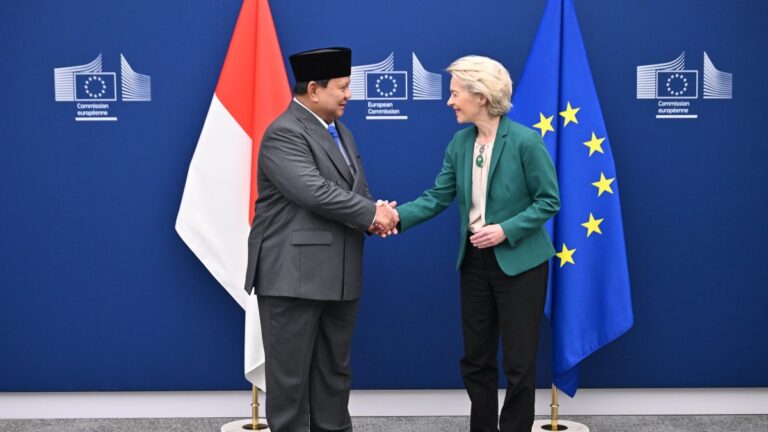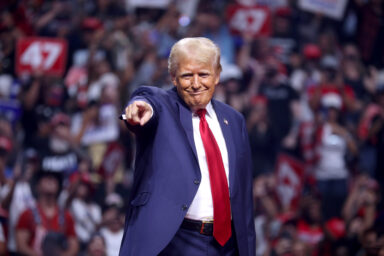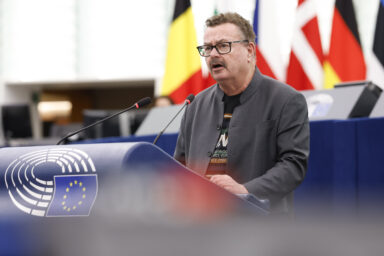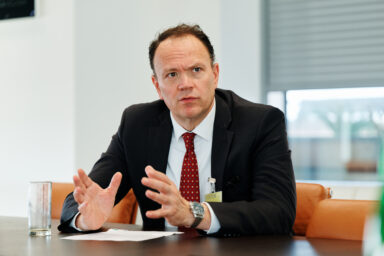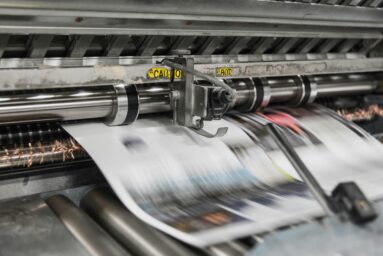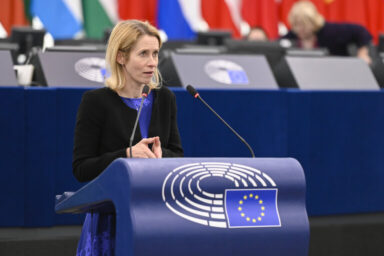The European Union and Indonesia concluded a nine-year marathon of talks on Tuesday, finalizing a sweeping trade pact that eliminates tariffs on 98.5 per cent of EU exports—from cheeses to electric vehicles—while securing critical raw materials for Europe’s green industries.
The free trade agreement, signed on Tuesday 23 September, should open a huge market to EU companies. It should bring benefits for EU farmers and industrial producers while safeguarding sensitive agricultural products and ensuring environmental and social standards. Goods that will have easier access to Indonesian market include cars and food products such as milk powder, cheeses, meats, chocolates, and bakery items. Indonesian goods, in turn, will now enjoy zero tariffs in 90 per cent of EU market.
Critical raw materials
Besides the de facto cancellation of customs duties, the deal opens up new opportunities for EU investments into Indonesia. That includes strategic sectors such as electric vehicles, electronics, and pharmaceuticals.
The deal also foresees environmental provisions and ensures better access to critical raw materials from Indonesia towards the EU market. The Commission projects that EU exporters will save some €600m a year in duties paid on their goods entering the Indonesian market.
Our deal with Indonesia creates new opportunities for businesses and farmers in a major and growing economy. — Commission President Ursula von der Leyen
“Our deal with Indonesia creates new opportunities for businesses and farmers in a major and growing economy. This also provides us with a stable and predictable supply of critical raw materials, essential for Europe’s clean tech and steel industry,” said Commission President Ursula von der Leyen.
The CEPA is a major milestone for the EU and Indonesia to foster sustainable growth and the green transition. Furthermore, it is testimony to the EU and Indonesia’s attachment to openness and to a rules-based system, creating a free trade zone of over 700 million consumers based on transparency and predictability.
You might be interested
Nine years of negotiations
The European Commission will put forward the agreement to the Council for the signature and conclusion of the CEPA. Following the signature, the texts will be transmitted to the European Parliament for consent. After the consent by the European Parliament, and once Indonesia also ratifies the deal, the CEPA can enter into force.
Indonesia is the world’s fourth most populous country with a population of around 280 million. It is also the most populous Muslim-majority country. It is, however, much poorer than other large economies in Eastern Asia. Economic development is hampered, among other things, by the territorial fragmentation of the country, which spans more than 17,000 islands.
The EU officially launched negotiations with Indonesia in July 2016. The 19th round was held in July 2024. Since then, negotiations have continued in an ad-hoc format. On 13 July 2025, European Commission President Ursula von der Leyen and Indonesian President Prabowo Subianto reached a political agreement on the CEPA. This marked a decisive milestone towards the finalisation of the deal.
